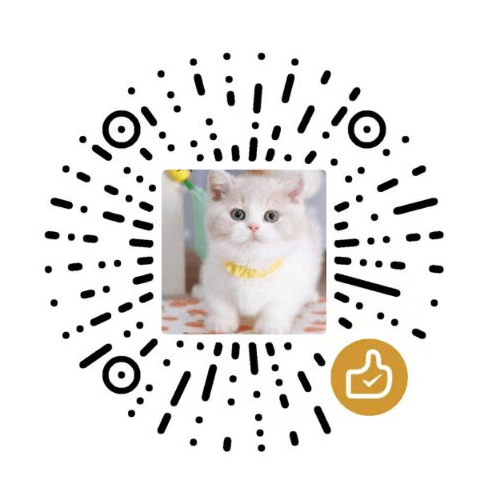Debt
Debt内容简介
Before there was money, there was debtEvery economics textbook says the same thing: Money was invented to replace onerous and complicated barter systems—to relieve ancient people from having to haul their goods to market. The problem with this version of history? There’s not a shred of evidence to support it.Here anthropologist David Graeber presents a stunning reversal of conventional wisdom. He shows that for more than 5,000 years, since the beginnings of the first agrarian empires, humans have used elaborate credit systems to buy and sell goods—that is, long before the invention of coins or cash. It is in this era, Graeber argues, that we also first encounter a society divided into debtors and creditors.Graeber shows that arguments about debt and debt forgiveness have been at the center of political debates from Italy to China, as well as sparking innumerable insurrections. He also brilliantly demonstrates that the language of the ancient works of law and religion (words like “guilt,” “sin,” and “redemptio
热门摘录
in the 198os, the United States, which insisted on strict terms for the re payment of Third World debt, itself accrued debts that easily dwarfed those of the entire Third World combined-mainly fueled by military spending.
but one could easily make a case that the only reason it insists on treating these payments as "loans" and not as "tribute" is precisely to deny the reality of what's going on.
Tell people they are inferior, they are unlikely to be pleased, but this surprisingly rarely leads to armed revolt.
Tell people that they are potential equals who have failed, and that therefore, even what they do have they do not deserve, that it isn't rightly theirs, and you are much more likely to inspire rage.
For thousands of years, the struggle between rich and poor has largely taken the form of conflicts between creditors and debtors-
(1) paying back money one has borrowed is a simple matter of morality, and (2) anyone in the habit of lending money is evil.
For the "vanquished" as for most people in the world, actually-the most significant life expenses were weddings and funerals. These required a good deal of money, which always had to be borrowed. (9)
either shunt off responsibility onto some third party, or insist that the borrower is even worse.
In the secular world, morality consists largely of fulfilling our obligations to others, and we have a stubborn tendency to imagine those obligations as debts.
Monks, perhaps, can avoid the dilemma by detaching themselves from the secular world entirely, but the rest of us appear condemned to live in a universe that doesn't make a lot of sense.
money's capacity to turn moral ity into a matter of impersonal arithmetic
violence and the quantification
The Wealth of Nations. Above all, the book was an attempt to establish the newfound discipline of economics as a science. (44)
Smith supported the use of paper money, but like Locke before him, he also believed that the relative success of the Bank of England and Bank of Scotland had been due to their policy of pegging paper money firmly to precious metals.
Mitchell-Innes was an exponent of what came to be known as the Credit Theory of money
A coin is, effec tively, an IOU.
In this sense, the value of a unit of currency is not the measure of the value of an object, but the measure of one's trust in other human beings.
But generally, the difficulty in the Chartalist position-this is what it came to be called, from the Latin charta, or token-is to establish why people would continue to trust a piece of paper.
the IOU can operate as money only as long as Henry never pays his debt.
Whatever its earliest origins, for the last four thousand years money has been effectively a creature of the state.
To really understand what debt is, then, it will be necessary to understand how it's different from other sorts of obligation that human beings might have to one another--which, in turn, means mapping out what those other sorts of obligation actually are.
But if one examines matters closely, one finds that all human relations are based on some variation on reciprocity.
define communism here as any human relationship that operates on the principles of "from each according to their abilities, to each according to their needs."
What marks commercial exchange is that it's "impersonal"
...hierarchy--that is, relations between at least two parties in which one is considered superior to the other--do not tend to operate by reciprocity at all.... exactly the opposite. In practice, hierarchy tends to work by a logic of precedent.
"... If a gift demands a return, and no tangible return is possible, the repayment will be through support or esteem." Thus does mutual aid slip into inequality. Thus do patron-client relations come into being.
During the time that the debt remains unpaid, the logic of hierarchy takes hold. There is no reciprocity.
...... I've decided therefore to refer to them as "social currencies," and the economies that employ them as "human economies."
...... Rospabe's basic point, which is that money can be seen, in human economies, as first and foremost the acknowledgment of the existence of a debt that cannot be paid."
How does a token of recognition that one cannot pay a debt turn into a form of payment by which a debt can be extinguished?
Debt书评
还没人写过点评,快来抢沙发吧


